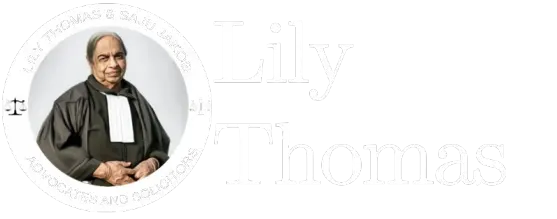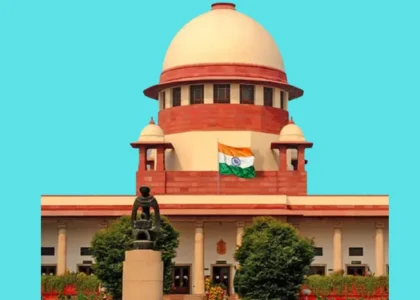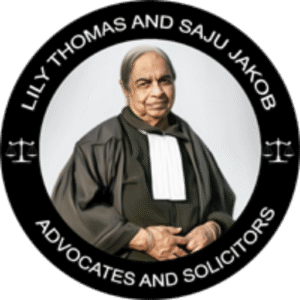Case Title:- M/S POLY MEDICURE LTD. vs. M/S BRILLIO TECHNOLOGIES PVT. LTD
Citation:- 2025 INSC 1314
Date:- 13.11.2025
Hon’ble Supreme Court Bench:- JUSTICE J. B. PARDIWALA & JUSTICE MANOJ MISRA
The Hon’ble Supreme Court recently ruled that a person purchasing a product for a ‘commercial purpose’ having nexus with the generation of a profit can’t be categorized as a consumer under the Consumer Protection Act 1986.
- The Hon’ble Supreme Court clarifies the ‘commercial purpose’ test under Section 2(1)(d) of the Consumer Protection Act, 1986: “A buyer is not a consumer if the purchase of goods/services is connected with profit-making or business operations, even indirectly.”
- The case involved a software company that bought a software licence to automate its internal business processes and later claimed the software was defective. The Consumer Commission dismissed the complaint, and the company appealed.
- The Hon’ble Supreme Court upheld the dismissal, stating that automation is a business enhancement activity meant to reduce costs, improve efficiency, and ultimately increase profits. Such purchases are clearly for a commercial purpose.
- To decide whether a buyer is a consumer, the Hon’ble Court must examine the dominant purpose behind the transaction. If the dominant purpose is personal use, the buyer is a consumer. If it is linked to business or profit generation, the buyer is not.
- The Hon’ble Court explained that the “self-employment exception” applies only to individuals, not companies. A self-employed person buying a tool/machine for personal use to earn a livelihood (like a tailor buying a sewing machine) is still a consumer. But companies, even if engaged in the same type of activity, do so at a commercial scale to maximise profit they are not consumers.
- The Hon’ble Court emphasized that a corporate entity cannot claim it purchased software “for livelihood.” Corporations operate in an ecosystem where every asset or service purchased is part of a profit driven enterprise.
- Therefore, the software purchased by the appellant company was not for personal use, not for self-employment, and not for livelihood generation, but purely for business expansion.
- Since the transaction had a clear nexus with profit generation, the appellant-company did not fall within the definition of “consumer” under the 1986 Act.
- Consequently, the company could not maintain a consumer complaint, and the Supreme Court dismissed the appeal.








